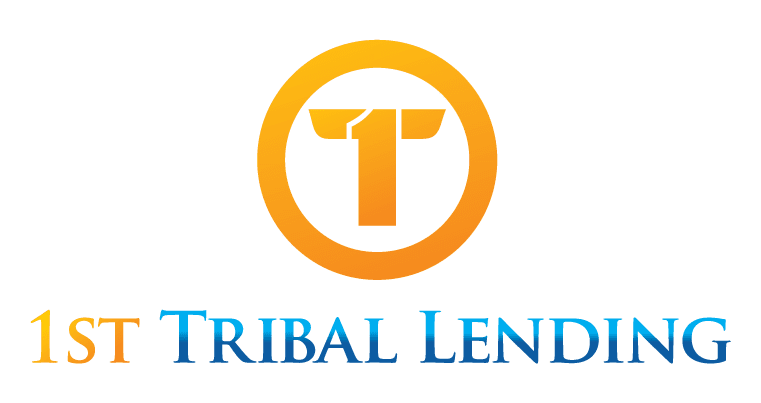Both loans and mortgages give you as a debtor an initial amount of money. However, there are some key differences to keep in mind when you are applying for either in order to determine which one is the best fit for you and your situation.
Loans
Let’s start off by talking about a loan. If you break it down to the most basic level a loan is some amount of money that the debtor agrees to pay back with interest. In exchange the creditor will give the debtor the amount that was agreed upon. There can also be constraints that the creditor puts upon what the borrower can and cannot do with the money. So a loan is basically a contract between the borrower and the lender.
A few examples of different types of loans are:
- Bank Loans
- Student Loans
- Credit Cards
Bank loans usually have lower interest rates in comparison with the others. Student loans and credit cards both have higher interest rates. This is especially true for credit card companies if you are late on a payment. This can cause your interest to skyrocket to 25%+. With any loan, it’s important to make sure that you are able to afford the payments beforehand and make the payments on time in order to avoid paying fees, overages and huge interest rates.
Mortgages
Now that we know a little bit about loans, let’s talk about mortgages. The main way that a mortgage differs from a loan is that instead of being a simply a contract, the borrower puts up real estate as collateral for the loan. Keep in mind that mortgages are most commonly used to purchase real estate. The borrower gives conditional ownership of an asset, in this case, a house, in exchange for that asset being financed by the lender. An example of a mortgage is the HUD Section 184 loan which Native Americans may qualify for. Although it’s titled ‘loan’, HUD 184 it is in face a mortgage and offer some competition to other mortgage’s and loans in terms of affordable interest and flexible payment options.
While a mortgage does usually have a considerably lower interest rate, there is more at stake. Unlike a loan, if you fail to make payments on your mortgage the bank or mortgage provider is then legally allowed to take possession of your home. So again, whenever you borrow any money it is important to make sure that you can pay it back and know exactly what the conditions are before you sign on the dotted line.
As you can see, having knowledge about the differences between loans and mortgages could save you quite a bit of time and money when it comes to buying your next home or financing your next big adventure in life. As with everything you do, always weigh the pros and cons and do your research before making any kind of financial leap.
If you have any questions or comments as to what was covered about mortgages and home loans, feel free to leave a comment or contact 1st Tribal Lending with your question privately.

